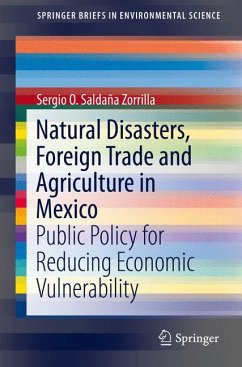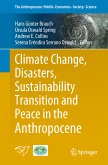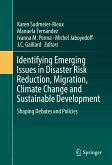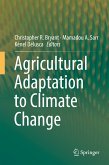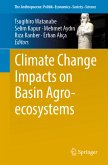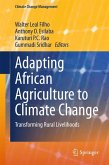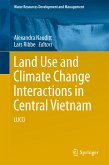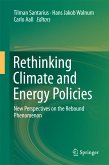This work responds to the increasing global need of measuring and analyzing impacts, vulnerabilities and coping capacity of countries, regions and communities regarding climate change, extreme weather conditions, natural disasters and institutional constraints. The case of Mexico, analyzed in this work, provides lessons for further developing countries to assess natural disasters vulnerability, for making informed adaptation decisions and to optimize resources for reducing country and community vulnerability. This book's analyses contribute to the current debate of the long-term economic impact of natural disasters (hurricanes, earthquakes, etc.), as well as offer an integral methodology combining natural and social sciences for studies of country and community level vulnerability to climate change. The lessons derived from this analysis provide useful elements for the design and improvement of governmental policies concerning social and economic development as well. In addition, the desegregation of this analysis has the advantage of facilitating the design and evaluation of governmental projects at municipal, sub-national and national level, as well as provides conceptual-empirical elements for international cooperation in matters of disaster risk reduction, climate change adaptation, rural development and poverty reduction.
Dieser Download kann aus rechtlichen Gründen nur mit Rechnungsadresse in A, B, BG, CY, CZ, D, DK, EW, E, FIN, F, GR, HR, H, IRL, I, LT, L, LR, M, NL, PL, P, R, S, SLO, SK ausgeliefert werden.

